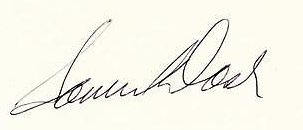A Quote by Gorgias
I answer, Socrates, that rhetoric is the art of persuasion in courts of law and other assemblies, as I was just now saying, and about the just and unjust.
Related Quotes
I am not a difficult man by any stretch, and I'm saying that with a full and honest inventory going on. I'm not. And I'm not angry on stage. There is a heightening. There is an intensification of the feelings on stage in order to let them carry the room. There is a theatricality about it. The whole thing is oratory, so there's persuasion involved. There's the art of rhetoric involved. And so, with hyperbole and with the desire to really punch the thing home, some of it reads a little more angry.






































